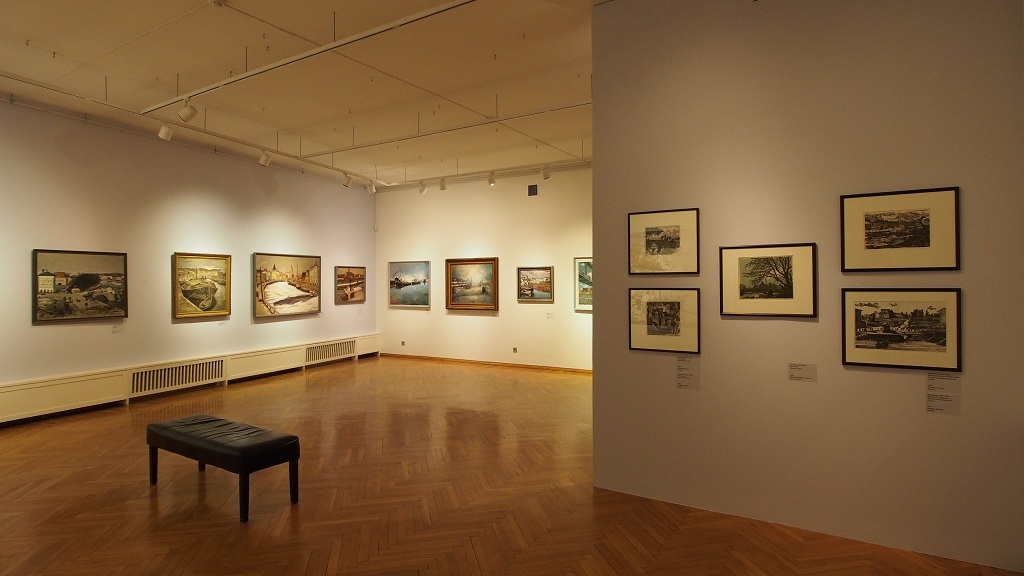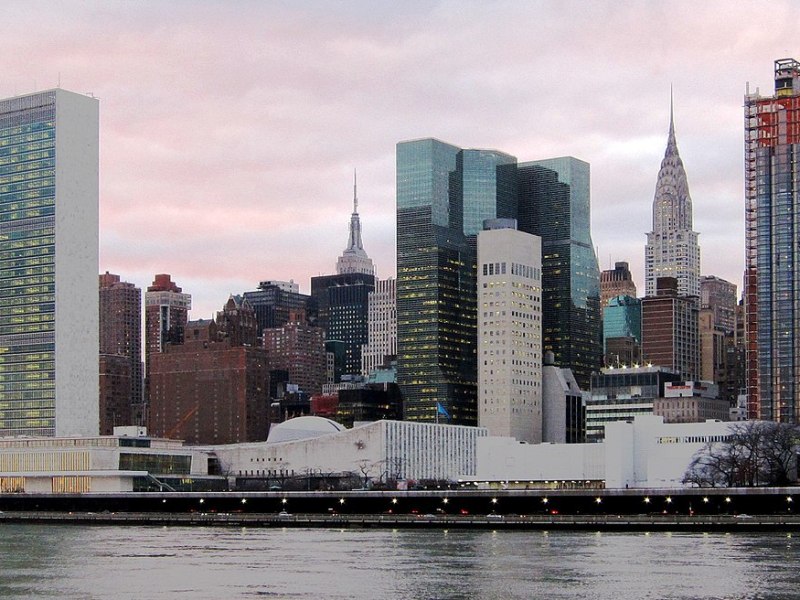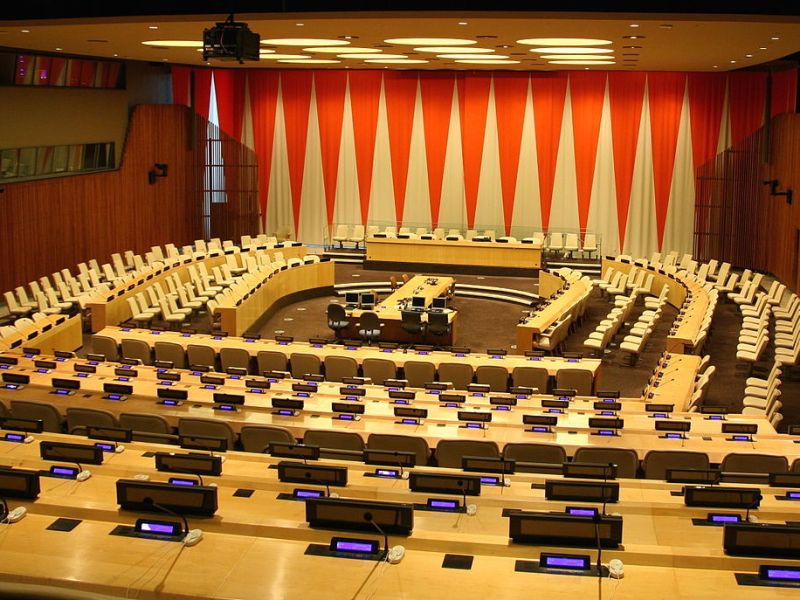We started to actively engage museums in 2017, which helped us collaborate on several projects. Tartu Art Museum, the second biggest art museum in Estonia was one of the first to join the initiative. We used the opportunity to feature the artworks uploaded as part of the Europeana 1914–1918 project, which lets Wikipedia readers take a closer look at the possible influence of the World War I on the Estonian art.
The decisive years prior to Independence: Moments from the Estonian art of 1914–18, our first virtual exhibition, is divided into three sections: intro, image gallery, and a guest book. 46 pieces of art are displayed in the image gallery from the collections of the Tartu Art Museum and the Art Museum of Estonia accompanied by description in English, Finnish in addition to Estonian.
Helped by several Wikipedians, the author of this post worked with Merli-Triin Eiskop from the Tartu Art Museum and Stina Sarapuu from the Art Museum of Estonia to get the pieces assembled.
Digitization helps get more artworks seen by the public, However, it would take long until many pieces get online. Even when people are ready to volunteer, it is not yet the norm for museums to be willing to share their original reproductions with the world, not only limiting it to downsized samples.
When we get to the point, where images are no longer locked away, another challenge arises. How can we present this material and build context for it?
This is where Wikipedia can step in—not just the online encyclopedia, but all of the Wikimedia movement, together with the community that keeps it running. So far we have been focusing on collecting images and media files. When museums are ready to provide some images, we happily bring them to Wikimedia Commons, the free media repository, and link them to data items on Wikidata. With more museums donating their collections, it will not only be harder to showcase the artworks, but rather doing anything with the files after getting them uploaded.
With digitalization and with open sharing, we are rapidly moving towards an era where much of the human culture will be freely accessible to every human being. That allows us to step on the shoulders of our forerunners and reach even higher.
But that also poses new challenges. Will we make sure, that this information is indeed made available for reuse so that we can actually build on it? And can we provide the ways around it so that it gets organized in a meaningful way and can be found by the people looking for it?
Ivo Kruusamägi, Wikimedian from Estonia
In brief
The Wikipedia Library names Krishna Chaitanya Velaga star coordinator: Krishna Chaitanya Velaga was named by The Wikipedia Library (TWL) as the star coordinator for January to March 2018, for his dedicated work that inspired the creation of the Hindi Wikipedia Library. Velaga has engaged in several outreach and partnership activities to support the creation of new TWL branches in his country.
Velaga recalls that he found about The Wikipedia Library around the time he started editing Wikipedia. That was a result of his quest to contribute to military history articles on Wikipedia. Velaga joined the program as a user when he was granted access to four publications that helped him write about military history. He used this material to improve one featured article in addition to several A-Class articles.
Velaga then realized having no publisher in India that partnered with TWL. He signed up as a partnership coordinator and spoke at several conferences including the Hindi Wikipedia Conference and OpenCon 2018 New Delhi, which he helped organize.
As an outreach coordinator, Velaga is currently trying to spread the awareness about the need for reliable sources. He is also trying to establish a new partnership with the British Council in India for a new visiting scholars program and leading two 1Lib1Ref training courses in India.
Shared Knowledge group in Macedonia hold their first WikiGap event in Skopje: On 20 June 2018, Shared Knowledge group in Macedonia held a big editathon in Skopje as part of the WikiGap initiative to help increase gender diversity on Wikipedia. The event was attended by 50 participants who worked on improving 100 articles on the Macedonian Wikipedia.
“We focused on creating a list of women from Macedonia who had an impact on the social, cultural and public life,” Toni Ristovski from Shared Knowledge told us. “The event went live under the title ‘Prominent women from Macedonia.’ We used the Macedonian Encyclopedia as a main source, which gave us material for more than 400 women biographies, two thirds of whom don’t exist on the Macedonian Wikipedia. So, the main focus of this edit-a-thon was creating women profiles and sharing them with the world.”
The four-hour event was held in collaboration with the Swedish embassy in Skopje, UN Women and the Ministry of Labor and Social Affairs.
A group of Wikimedian Jules Verne fans take a tour to explore his heritage: From 4 to 6 May 2018 a group of researchers, librarians, publishers, and Wikimedians came together in Braunschweig, Germany to explore the ways and heritage of Jules Verne.
The symposium took place at the delightful buliding of Braunschweigische Stiftungen, the Gerloffsche Villa, and was organised by Wikimedian Brunswyk and supported by Wikimedia Deutschland in collaboration with Stiftung Braunschweigischer Kulturbesitz and the Jules-Verne-Club Bremerhaven. Read more about the event on the German Wikipedia.
Samir Elsharbaty, Writer, Communications
Wikimedia Foundation



